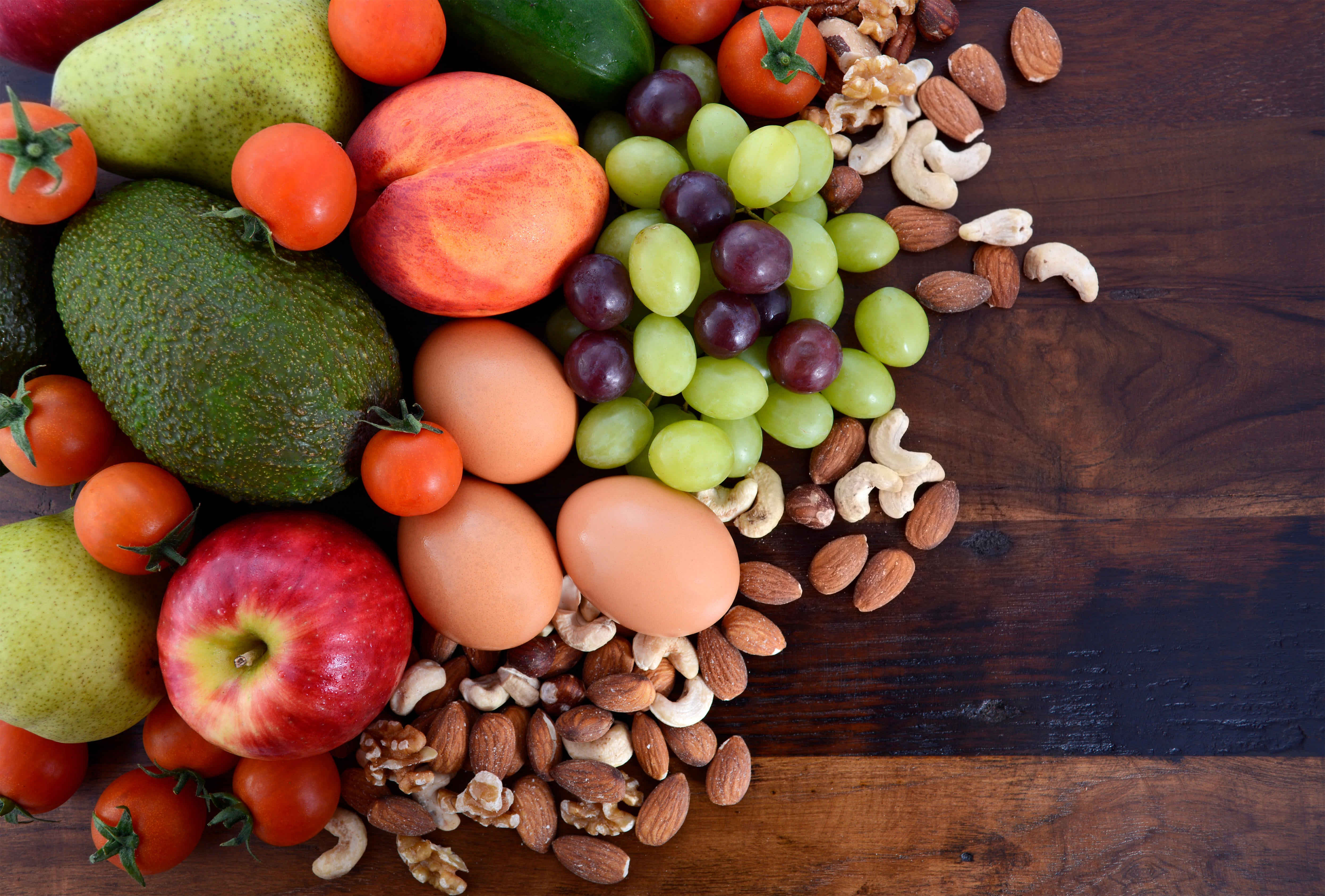This website uses cookies so that we can provide you with the best user experience possible. Cookie information is stored in your browser and performs functions such as recognising you when you return to our website and helping our team to understand which sections of the website you find most interesting and useful.
Support truly
independent journalism
Our mission is to deliver unbiased, fact-based reporting that holds power to account and exposes the truth.
Whether $5 or $50, every contribution counts.
Support us to deliver journalism without an agenda.

Louise Thomas
Editor
Social media is inundated with videos of influencers claiming that certain superfoods and supplements can boost women’s hormonal health – but how much of this is true?
Carrot salad, broccoli and dandelion tea are just some of the suggestions put forward by Gen Z TikTokers as magical cures to balance our hormones.
But what is the link between food and hormones, and can we naturally balance our hormones? We asked a nutritionist and a GP specialising in women’s health and menopause to give us their thoughts on the topic…

What are the main hormone issues that women struggle with and why are they seeking products to balance out their hormones?
Women of all ages can suffer from an array of hormone-related issues such as PMS, acne and PCOS, but it is during perimenopause and menopause where our hormones arguably go through the biggest changes.
“During perimenopause and menopause, hormones oestrogen, progesterone and testosterone levels fluctuate and decline,” explains Dr Louise Newson, GP and menopause specialist. “These hormones work all over our bodies including our brains.
“The main symptoms are brain fog, memory problems, fatigue, low mood, anxiety, poor concentration, headaches, palpitations, fatigue, muscle and joint pains and also urinary symptoms.”

When these symptoms begin to get unbearable, women often seek out solutions to help restore this imbalance.
“Women are really keen to improve both their symptoms and future health,” says Newson. “Many products are incorrectly labelled as being able to balance hormones without any evidence for this.
“The only way of replacing the missing hormones is to be prescribed them.”
Does raw fibrous food help with the regulation of our hormones?
Some videos circulating on social media claim that eating cruciferous vegetables, such as broccoli or cabbage, could help your hormone production and secretion by creating small changes throughout your gut.

“The estrobolome is a collection of bacteria in the gut that is capable of metabolising and modulating the body’s circulating estrogen,” explains Newson. “Our gut bacteria can be improved by eating a variety of fresh food and avoiding or reducing processed foods.
“Most people don’t eat enough fibre, which causes huge problems and can contribute to inflammation that increases during menopause.”
Beanie Robinson, nutritionist and founder of The Health Space, agrees and says upping our fibre intake is extremely important when it comes to hormonal health.
“Really good quality fibre in enough quantities in the diet can support a really healthy gut, and that is really important in hormone balance,” says Robinson. “When we are talking about fibre we are talking about promoting a really healthy gut and gut microbiome, which also supports elimination.

“Elimination and detoxification are very important with hormone balancing, and we want to make sure people are going to the loo regularly.”
However, eating lots of broccoli isn’t going to cure all your issues alone.
“I like to make people think more globally about the diet rather than focusing on one ingredient, because if you eat broccoli shoots everyday and drink lots of dandelion tea but then you are going to the pub and having five pints in a night – there is only so much that is going to touch the sides.”

What other lifestyle factors should women be thinking about?
Robinson and Newson both encourage women to view hormonal health in a more holistic way.
“Balancing and replacing missing hormones both improves symptoms and future health,” says Newson. “Nutrition should be part of what we do for any hormonal issue but it shouldn’t be seen as a replacement or instead of hormones.
“We should also be focusing on exercise, mental health and sleep too as these will also improve our future health.”

Robinson agrees and says, in most cases, a multi-pronged approach often “garners the most profound results”.
“Spearmint can be fantastic, dandelion and nettle are wonderful, but it isn’t a cure-all solution. It wants to be done in combination with healthy diet and healthy lifestyle habits,” says Robinson. “You can be working with your doctor and be prescribed something and also be working with your nutritionist.”
Sleep is an important part of this picture.

“When we are thinking about hormonal balancing we really want to help someone restore their circadian rhythm,” adds Robinson. “When people have adequate rest and get into a good routine around eating times and about how they make up their plate, you can start to see rhythm and harmony come back into the body, but this takes time.”



 Africana55 Radio
Africana55 Radio 
